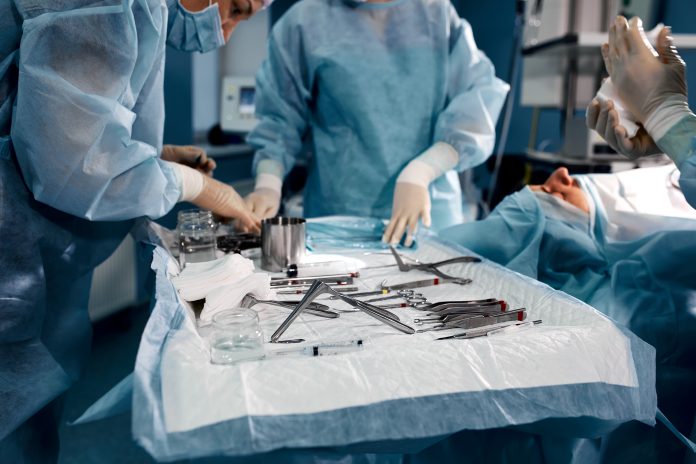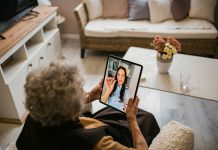A new study reveals that one in seven patients missed their cancer surgery during lockdown, globally
When COVID lockdowns came into effect, other medical services came to a halt – under the pressure of rising hospitalisation and death rates from the virus.
According to researchers at The University of Birmingham, long-term investment into emergency care could change how badly cancer surgeries are impacted by lockdowns.
Data from 61 countries
The study, involving 5,000 surgeons and anaesthetists, looked at data from the 15 most common solid cancer types in 20,000 patients – across 466 hospitals in 61 countries. Published in The Lancet Oncology, the findings create an image of how difficult it is to access essential, life-saving services when an unexpected global pandemic hits unprepared populations.
The researchers suggest that ‘ring-fenced’ intensive care beds would create availability for people with health conditions, so that timely cancer surgery would continue in lockdown situations.
Co-lead author Mr. James Glasbey, from the University of Birmingham, said: “Our research reveals the collateral impact of lockdowns on patients awaiting cancer surgery during the pandemic. Whilst lockdowns are critical to saving lives and reducing the spread of the virus, ensuring capacity for safe elective cancer surgery should be part of every country’s plan to ensure continued health across the whole population.”
“Surgical services can ‘build back better'”
Professor Lucy Chappell, CEO of the National Institute for Health Research and Chief Scientific Adviser (CSA) for the Department of Health and Social Care, said: “We welcome this latest in a series of high-quality, high-impact research outputs from the NIHR-funded COVIDSurg Collaborative. We are proud of how our Global Health Research Units and Groups responded swiftly and adapted to tackle the impacts of the global COVID-19 pandemic.
“These findings will help build the evidence base for how surgical services can ‘build back better’ and working with the World Health Organization and national coordinating bodies including the Royal College of Surgeons, develop guidance for global surgery.”











